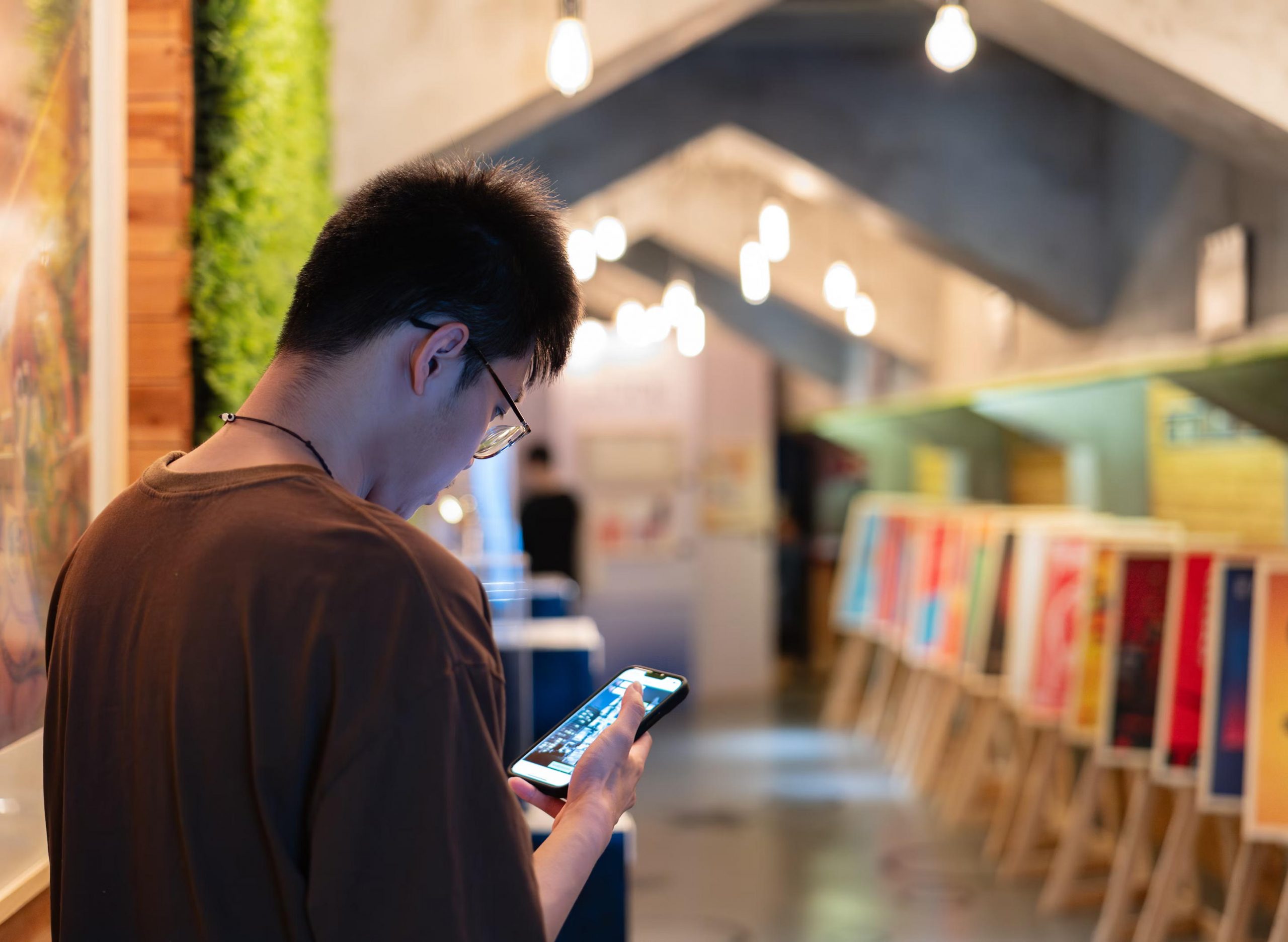Huawei Claims AI Chip Equals Nvidia

Huawei executive claims its AI chip meets or surpasses one of Nvidia’s most popular GPUs as company becomes serious rival in China
Huawei’s artificial intelligence (AI) accelerator chips meet or surpass the performance of one of Nvidia’s most popular GPUs, the A100, a Huawei executive has said.
Huawei’s Ascend 910B AI chip delivers 80 percent the performance of Nvidia’s A100 when training large language models, according to some tests, said Wang Tao, chief operating officer of Huawei’s Jiangsu Kunpeng Ecosystem Innovation Centre on the sidelines of the Nanjing World Semiconductor Conference last week, the South China Morning Post reported.
In some other tests Huawei’s chip can beat the A100 by 20 percent, he said.
There is “not much difference” in performance between the two chips in AI model training, Wang said.

‘Very competitive’
The rare public remarks underscore Huawei’s emergence as a serious rival in China to global AI chip market leader Nvidia, after two rounds of US restrictions barred the American company from shipping its most advanced GPUs to the country.
Nvidia was recently forced to cut prices of its H20, a less powerful chip it developed to comply with US export restrictions to China, pricing it more than 10 percent below Huawei’s Ascend 910B due to weak sales, Reuters reported last month.
Nvidia said in its first-quarter earnings it expects the Chinese market to “remain very competitive going forward”, with data centre revenue in the country “down significantly” compared with the level prior to the most recent US export controls in October 2023.
Huawei introduced the Ascend chip line after being placed on a US trade blacklist in 2019 and has developed a business model around selling it along with proprietary software and hardware to domestic companies cut off from equivalent overseas technology.
Competition
The company has rarely made public comments about its efforts and has not disclosed the source of the advanced Kirin 9000s chip that powers its most recent range of Mate 60 smartphones, a chip experts believe was manufactured by US-sanctioned SMIC using older equipment adapted for the purpose.
Before the latest round of export controls Nvidia had an estimated 90 percent of the Chinese AI chip market, compared to 6 percent for Huawei, but Nvidia chief Jensen Huang said earlier this year the company was facing “a lot more competition in China” due to the controls.
Huawei has achieved success with both the smartphone and AI chips, leading to a production bottleneck in which it is prioritising AI units, Reuters reported in February.